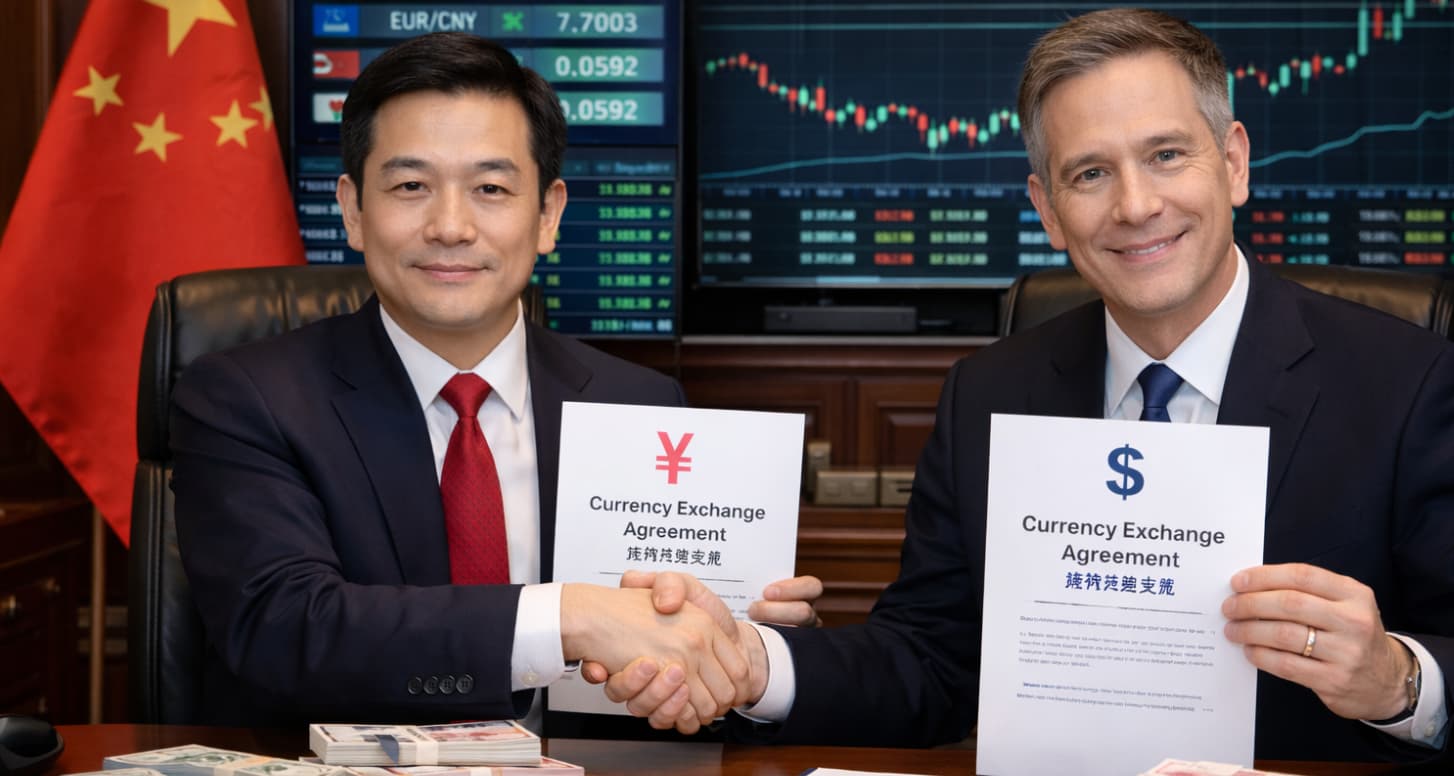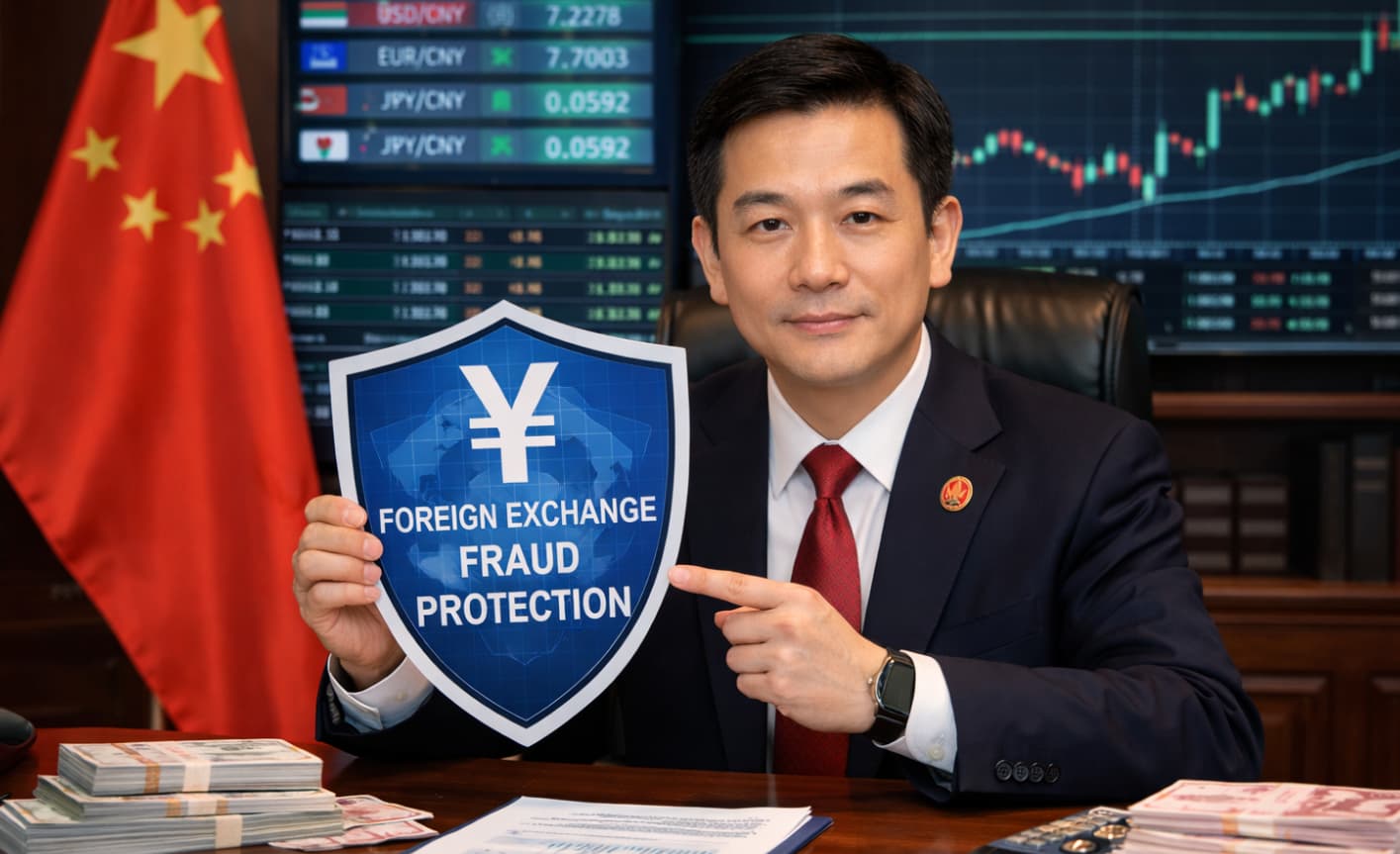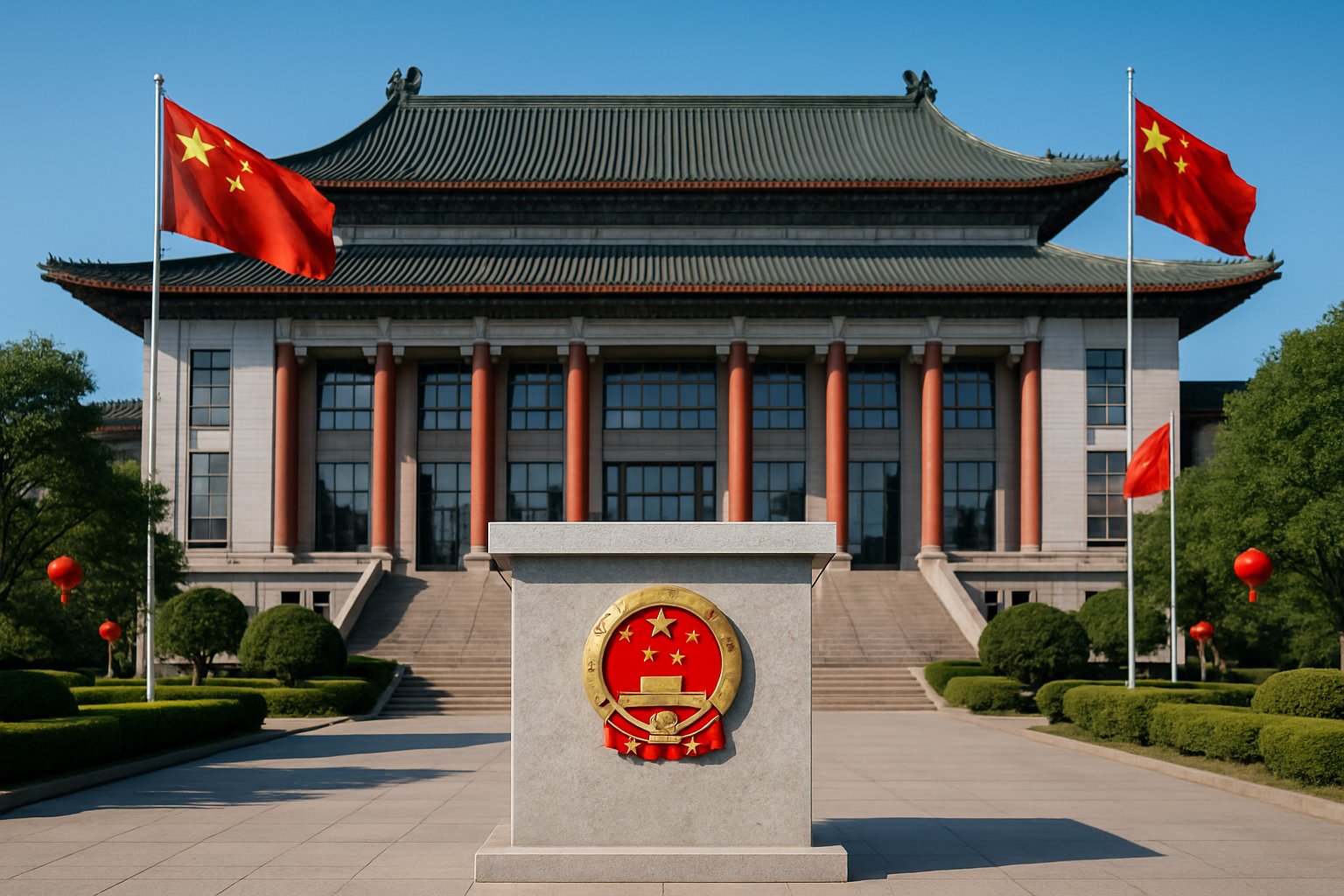The Hong Kong National Security Law, enacted in 2020, has reshaped the city’s legal and political landscape. Designed to combat secession, subversion, terrorism, and foreign interference, it has sparked intense debate over civil liberties and autonomy.
You may have heard that the law is controversial, with supporters believing it brings stability while critics argue it limits freedoms.
People in Hong Kong and beyond are closely watching how this law affects daily life, the legal system, and the city’s future.
This guide explains what the Hong Kong national security law is, its key provisions, enforcement, and global implications.
Quick Insights ⚡:
- Enacted by Beijing in 2020 to address national security concerns
- Targets secession, subversion, terrorism, and collusion with foreign forces
- Applies to individuals inside and outside Hong Kong
- Raises concerns over freedom of speech and legal autonomy
- Critics say it undermines “one country, two systems.”
- Law led to sanctions, emigration, and global pushback
- Businesses and NGOs must now navigate tighter legal boundaries
Hong Kong National Security Law: What It Is and Why It Was Enacted

The Hong Kong National Security Law is a law enacted by China that has altered the way Hong Kong handles crimes related to national security. It was passed in response to recent protests, and it has had a big impact both inside and outside of Hong Kong.
When and How the Law Was Introduced
The law took effect on June 30, 2020. China's National People’s Congress created it and went around Hong Kong’s local legislative process.
This law became active almost overnight. Lawmakers in Hong Kong did not vote on it. Instead, it was added directly to Hong Kong’s Basic Law, which is akin to its mini-constitution.
The main goal was to target acts seen as crimes against national security, including secession, subversion, terrorism, and collusion with foreign forces.
Here are some facts about the introduction:
- Date enacted: June 30, 2020
- Passed by: China’s National People’s Congress
- No vote by Hong Kong lawmakers
- Covers serious crimes linked to national security
Government's Justification
Chinese and Hong Kong officials said the law was necessary to restore order after the big protests in 2019. Those protests included large crowds and sometimes violent clashes with police.
Officials said the law was needed for two main reasons:
- To protect China’s national sovereignty
- To maintain social stability in Hong Kong
Hong Kong’s government explained that crimes such as destroying property, disrupting daily life, and advocating for independence had to be stopped.
According to them, the new law would bring peace and prevent outside forces from meddling in Hong Kong’s affairs.
The leadership believed this law was required to fulfill a duty outlined in their Basic Law, Article 23, which mandated the city to enact its laws to protect national security.
Global and Local Reactions at the Time
The introduction of the law caused very different responses at home and abroad. In mainland China and among pro-Beijing groups in Hong Kong, many supported the law, arguing that it was necessary for safety.
Outside of China, many countries and human rights groups raised strong concerns. Common reactions included:
- Worries about freedom of speech and press
- Fears that the law would silence political opposition
- Criticism from the United States, United Kingdom, and the European Union
- Support for the law among some local Hong Kong citizens, but various protests against it as well
Human rights organizations stated that the law was vague and could be used to suppress a wide range of protests and criticism.
Many foreign governments said it broke past promises about Hong Kong's autonomy made when the city was handed back to China in 1997.
⚖️ Also Read: Hong Kong Drinking Age: Legal Rules and Effects on Society
What the Hong Kong National Security Law Covers: Key Provisions
This law is strict and targets serious threats against the central government. It encompasses four main crimes, possesses wide-ranging powers, and imposes severe penalties for those found guilty.
The Four Major Offenses
The Hong Kong National Security Law lists four key crimes:
- Secession: Trying to break Hong Kong away from China or to support independence in any way.
- Subversion: Taking steps to overthrow or seriously harm the government of China or Hong Kong. This can mean force, protest, or even sharing certain ideas.
- Terrorism: Causing fear to the public or government using violence or threats. This includes property damage, not just harm to people.
- Collusion with Foreign Forces: Working with foreign governments or groups to harm China’s national security. This can include getting information, money, or even opinions from abroad.
These crimes are defined broadly, so you could be charged even if your actions seem small or just involve words and ideas.
Jurisdiction and Extra-Territorial Reach
The law applies to many people and situations, even outside Hong Kong.
- Who can be charged: Not just Hong Kong residents. Anyone, regardless of their nationality, can be charged if their actions violate the law, even if they are not in Hong Kong.
- Where applicable: The law covers actions taken in Hong Kong, as well as events that occur anywhere in the world.
- Legal power: Authorities in Hong Kong and China can take on some national security cases. The law can override local rules and reduce the independence of local courts in some cases.
If you are found to have broken this law, even outside Hong Kong, you can still be charged if you visit Hong Kong or a place with an extradition agreement with China.
Punishments and Sentencing
Penalties under the law are harsh, especially for those who plan or lead serious acts.
- Severe cases: Life in prison for major roles or serious crimes, especially if violence or harm is involved.
- Lesser involvement: Lower-level roles or less active support can still result in years in jail, typically ranging from 3 to 10 years.
- Other impacts: You may lose rights, such as the right to vote or run for office.
The court can decide your sentence based on what you did and your role, but even small acts can result in harsh punishment.
⚖️ Also Read: Hong Kong Company Incorporation: Understanding the Legal Landscape
How the Hong Kong National Security Law Has Affected Civil Liberties

Hong Kong’s National Security Law has changed daily life for many people. You can see the effects in the news media, access to information, and on the ability to speak out or gather in protest.
Media and Journalist Arrests
The National Security Law has led to an increase in arrests of reporters and editors in Hong Kong.
One of the most well-known cases is the closure of Apple Daily, a popular pro-democracy newspaper. The police raided its offices. Authorities arrested top editors and the founder, Jimmy Lai.
Apple Daily had to stop publishing due to frozen assets and pressure from the government. Several journalists also faced charges under the law. Many reporters now say they are afraid to cover specific topics.
Here are some outcomes:
- Newsrooms have become cautious.
- Journalists self-censor to avoid breaking the law.
- Some international media outlets reduced their presence in Hong Kong.
Censorship and Self-Censorship
Since 2020, you may notice books disappearing from public libraries and school shelves. Some are written by democracy activists or mention sensitive topics.
Writers, artists, and teachers have begun to modify or remove content to avoid legal issues.
This practice is called self-censorship. You will find fewer events, shows, or classroom discussions about Hong Kong’s protests or politics.
Key effects include:
- Libraries and schools are reviewing and removing certain books.
- Art shows and plays canceled or changed.
- School lessons are less likely to mention recent political events.
Impact on Protest and Assembly
There have been far fewer large protests in Hong Kong since the law was passed. Protesters fear being arrested for "subversion" or "secession."
People are less willing to join or even organize rallies. Activists and organizers say it is increasingly complex to obtain permits or protection for assemblies.
- Public marches are rare now.
- Many activists have been jailed, left Hong Kong, or stopped voicing views.
- Surveillance and monitoring have increased at gatherings.
You will notice people being more cautious during public events. The law has made public demonstrations much less common than before.
⚖️ Also Read: China Securities Regulatory Commission: New Financial Regulations in 2025
What the Hong Kong National Security Law Means for Businesses and Expats

If you work or own a business in Hong Kong, you now have new legal rules to follow. Companies and expats should watch for stricter controls and be ready for changes in how they operate and manage risk.
Legal Risks for International Firms
The Hong Kong National Security Law introduces new compliance standards.
International businesses must be cautious about what their employees say and do, including on social media and in private settings.
Political statements that were once considered harmless may now be viewed as criminal acts if they are perceived as posing a threat to national security.
Employees, both local and foreign, face a higher risk of being charged for speech or activities that the government deems unlawful.
Key areas of concern include:
- Increased monitoring of employee behavior, both at work and online.
- The need to train staff on what topics or actions are off-limits.
- Greater responsibility for leadership to prevent violations, even by lower-level staff.
- Reviewing contracts and codes of conduct to make sure they match new laws.
Changing Business Climate
Freedom of expression in Hong Kong’s business world has changed since the law came in.
Company meetings, board discussions, and public comments are now more closely watched for signs of non-compliance.
Government agencies are increasingly overseeing businesses. There are stricter reviews of marketing material, public statements, and press releases to ensure they do not break national security rules.
This means you may see:
- Less open debate at work and in public company events.
- More legal reviews before publishing or speaking to the public.
- A greater need for staff to know what they can and cannot say in the office.
Response from Global Businesses
Many global businesses are taking steps to adjust. Some have moved their staff or regional headquarters to other cities to avoid uncertain risks.
Legal teams are advising employees on the limits of the law and updating policies to ensure everyone understands what is permitted.
Recent actions include:
- Setting up hotlines for legal advice within the company.
- Hosting training sessions on local rules and risks.
- Planning for possible government inspections or audits.
- Updating emergency plans in case a staff member is questioned or detained.
⚖️ Also Read: China Business Etiquette: 10 Rules for Success
Global Reactions to the Hong Kong National Security Law
You can see strong responses around the world to Hong Kong’s national security law. The new rules changed local politics, international relations, and migration patterns.
US and EU Government Sanctions
The United States canceled Hong Kong’s special trade status and now treats the city like any other part of China for trade deals.
This means exports from Hong Kong to the US may face new tariffs or restrictions, and American technology is harder to buy.
Some officials from Hong Kong and China are banned from entering the US and the European Union because of their roles in enforcing the law.
The US and EU have also restricted visas for these individuals. These steps were meant to pressure the authorities to change course.
A few key sanctions include:
- Export controls on sensitive technology.
- Asset freezes for certain officials.
- Travel bans on specific leaders.
UN and Human Rights Organizations
Groups such as the United Nations and numerous human rights organizations have spoken out against the law.
They have serious concerns about arrests, fair trials, and freedom of speech for regular people in Hong Kong.
The UN Human Rights Council and groups such as Amnesty International have called for changes to the law, arguing that it does not adequately protect basic rights. Their main points include:
- Fair trials are often missing.
- People are arrested for peaceful protests or sharing opinions.
- There are requests to repeal or at least change parts of the law.
These organizations emphasize that the law can be applied too broadly and may unfairly penalize individuals.
Shifts in Immigration and Asylum
The law has prompted many people in Hong Kong to seek new places to live. The United Kingdom introduced a new British National (Overseas), or BN(O), visa pathway for Hong Kong residents with this status and their families.
Other countries, such as Canada and Australia, have made it easier for Hong Kong students and skilled workers to move there. Some countries have created special asylum options for people at risk.
Common immigration responses:
- UK BN(O) visas for work, study, and family.
- Canada’s Open Work Permits for Recent Graduates.
- Australia’s Pathway for Hong Kong Students and Workers.
This shift offers more options for Hong Kong residents who wish to relocate and start anew in other countries.
⚖️ Also Read: How China Tariffs on US Goods Affect Global Trade
Final Verdict
At Choi & Partners, we understand that the Hong Kong National Security Law has introduced new complexities for businesses and individuals alike. Navigating these changes while managing everyday matters like maternity leave and employment rights can be overwhelming.
Our experienced legal team is here to provide clear, practical guidance on compliance, workplace policies, and employee protections.
Whether you need advice on national security law or support with employment and maternity issues, we offer trusted solutions tailored to your specific needs.
☎️ Contact Choi & Partners today for reliable legal assistance and peace of mind in this evolving legal landscape.
❓Frequently Asked Questions
You may have questions about the Hong Kong National Security Law, its background, and its impact on those living and working in Hong Kong. Understanding the details will help you get a clear picture of current legal changes and their impact.
What is the Hong Kong National Security Law?
The Hong Kong National Security Law is a set of rules designed to address issues such as secession, subversion, terrorism, and collusion with foreign forces in Hong Kong.
This law was made by the Chinese central government in 2020. Its goal is to maintain public order and protect national interests.
Who does the Hong Kong National Security Law apply to?
The law applies to all individuals in Hong Kong, including both residents and visitors. In some cases, it can also apply to individuals outside of Hong Kong, particularly if their actions pose a threat to national security.
Authorities have wide powers to enforce the law. If you live, work, or travel in Hong Kong, you are expected to follow it.
Is Hong Kong still SAR?
Yes, Hong Kong is still a Special Administrative Region (SAR) of China. This means it has its own systems and government, separate from mainland China in many ways.
However, Hong Kong has to follow China's laws in areas like foreign affairs and defense.
Is Hong Kong under China law?
Hong Kong follows its own set of laws for most issues, adhering to the "one country, two systems" principle. But for national security and some other important matters, China's laws can also apply.
The Chinese government created the national security law and is now part of Hong Kong's legal system.
What is the safeguarding national security ordinance in Hong Kong rooted in?
The safeguarding national security ordinance in Hong Kong is based on Article 23 of the Basic Law. Article 23 says Hong Kong must create its own laws to protect against threats like treason, secession, and subversion.
Recent laws, including the new national security law, are designed to fulfill these requirements and strengthen national security in the region.
Subscribe to receive updates
Subscribe to receive the latest blog posts to your inbox every week.






